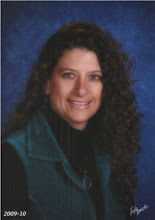
There is a reason that at the end of almost every book you read the author always has a page dedicated to thanking his or her editor or those that provided support in making that writing better (and ultimately successful). Your classmates have been your support throughout this gigantic research paper and who better can give you some last-minute advice for how to improve it? You have, no doubt, read many of your peers' chapters throughout this process, some pretty good, some needing a bit more work. Please take a second to think about how your classmates can improve their writing throughout the revisions and final changes you will make next week before turning in that final paper. Be specific, put some thought into it, and actually write something useful-- "spell better" is not going to cut it!







